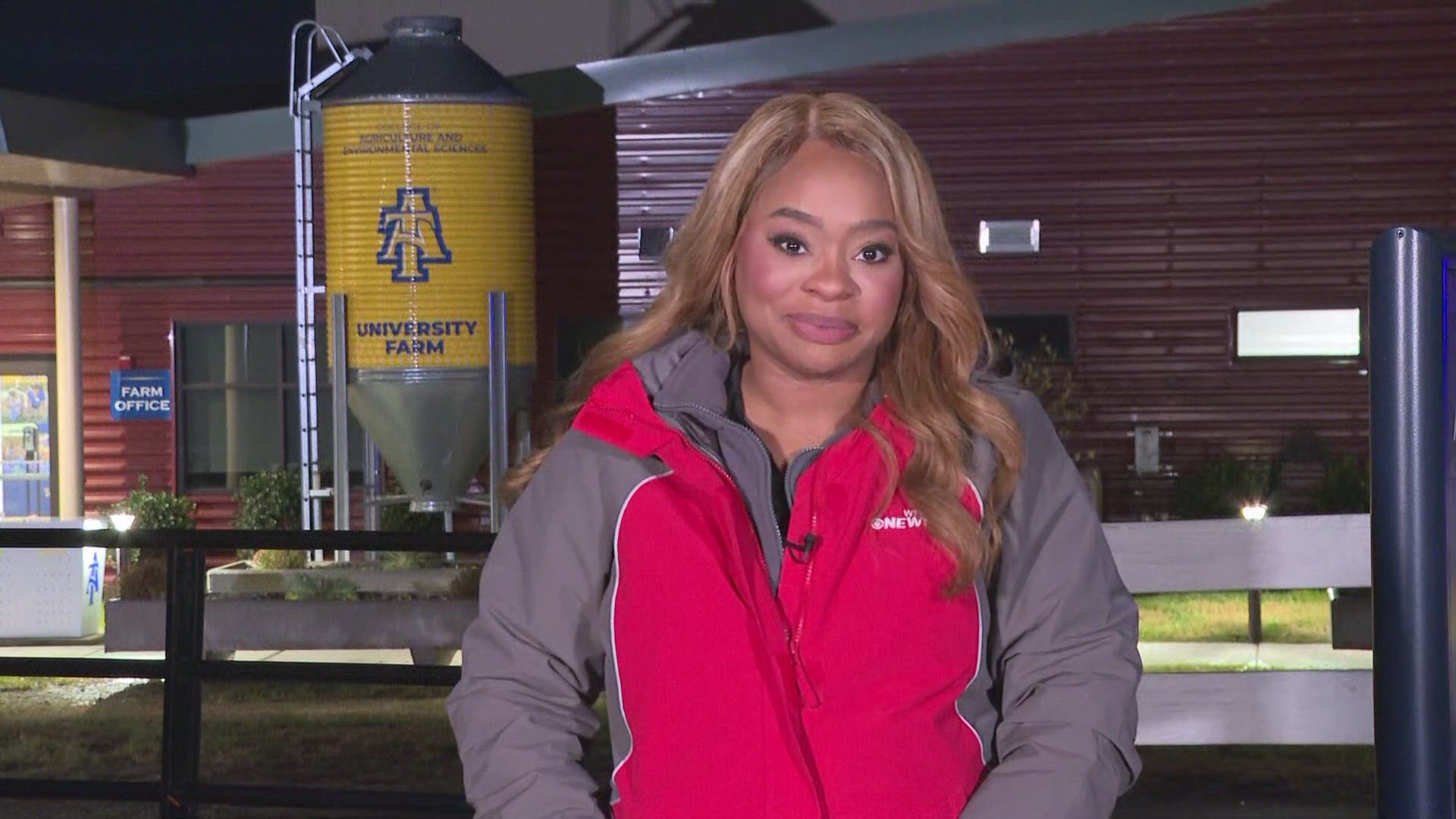GREENSBORO, N.C. — It's out with traditional and in with sustainable. That is the idea behind the newest program being launched at North Carolina A&T State University.
Cooperative Extension at the University has launched a new effort to reach urban and the more non-traditional audiences.
Dr. Shannon D. Wiley, Ph.D., who is leading the efforts with the program says the initiative will soon be making a much greater impact.
The urban initiative will tap into a growing interest in urban agriculture and locally sourced food.
For example, it will focus on showing people how to build container gardens and community gardens versus the traditional way of agriculture like row crops.
The key driver is the community focus and flipping the way agriculture is viewed.
"This is a chance for us to introduce our clientele and audiences and our stakeholders to efforts in STEM and urban agriculture. Where we are able to do some of what used to be traditional extension work and flip that or think about this from a non-traditional perspective offer this programming to those audiences that are representative of our new region," Dr. Shannon D. Wiley said.
While the organization’s east and west regions focus on geographic areas, the new region extends across the state to reach urban communities and nontraditional communities, such as Indigenous Americans and Latinos.
Dr. Wiley added the advancements in the agriculture spaces by way of Artificial Intelligence.
As someone who grew up on a farm, Dr. Wiley says it's amazing to see the growth in the farming spaces.
She explained how you can program farm machinery to plow and till your land right at your fingertips and some cases with an app on your phone.
"We are now being introduced to drone technology that can fly over your field and determine where you need additional watering or where you need to pay close attention to because you're dealing with some soil mishaps. We are moving in a space where AI and technology are going to enhance the way we farm," Dr. Wiley said.
Dr. Wiley says they want to show people that technology and agriculture go hand in hand.
So far the newest effort has been in conversation mode but Dr. Wiley says they are hoping to get more "boots on the ground" efforts with urban Extension staff and the local community.

